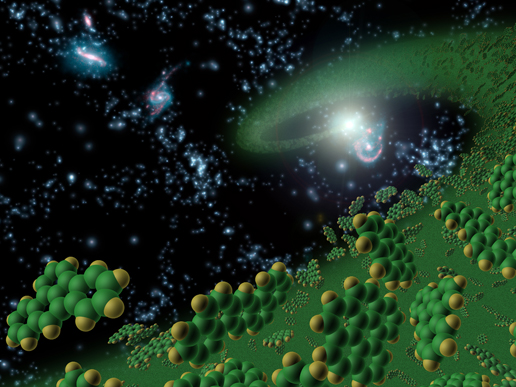|
Author
Index
V |
Jack
Vance |
|
Title
Index
The |
The
Dying Earth |
|
|
|
|
| Year |
1950 |
| Publisher |
Granada
Publishing
(Mayflower) |
| ISBN |
N/A |
|
|
|
Synopsis
|
New
races of man had
evolved, new
species of beast;
science had
vanished and magic
had arisen to
dominate the
twilight of our
world as it
dominated the
earth's morning.
The Dying Earth
is Jack Vance's
finest work - a
stunning evocation
of a world peopled
by wizards,
witches, demons,
monsters, dashing
princes and
forlorn
maidens. A
bejewelled gallery
of strange and
wonderful beings
in the eminent
tradition of
Tolkein and
William Morris. |
|
|
|
Review
|
"He
writes with a
great sense of
style, with
polish, sparkle
and wit. The
surface of his
prose glitters
with exotic,
fascinating
names. It
blazes with
pyrotechnic ideas
and original
concepts. He
is at once one of
the most
entertaining, and
talented and
thoroughly
original of all
science fiction
writers ...
extraordinary
brilliance."
Lin Carter |
|
|
_______________________________________________________
 |
|
|
Credit:
NASA
|
|
Ingredients
for Life
This
artist's
conception
symbolically
represents
complex
organic
molecules,
known as
polycyclic
aromatic
hydrocarbons,
seen in
the early
universe.
These
large
molecules,
comprised
of carbon
and
hydrogen,
are among
the
building
blocks of
life.
NASA's
Spitzer
Space
Telescope
is the
first
telescope
to see
polycyclic
aromatic
hydrocarbons
so
early--10
billion
years
further
back in
time than
seen
previously.
Spitzer
detected
these
molecules
in
galaxies
when our
universe
was
one-fourth
of its
current
age of
about 14
billion
years.
These
complex
molecules
are very
common on
Earth and
form
carbon-based
materials
are not
burned
completely.
They can
be found
in sooty
exhaust
from cars
and
airplanes,
and in
charcoal
broiled
hamburgers
and burnt
toast.
Polycyclic
aromatic
hydrocarbons
are
pervasive
in
galaxies
like our
own Milky
Way, and
play a
significant
role in
star and
planet
formation. |
|
NASA
Image of
the day
archive |
|
______________________________________________________
|

